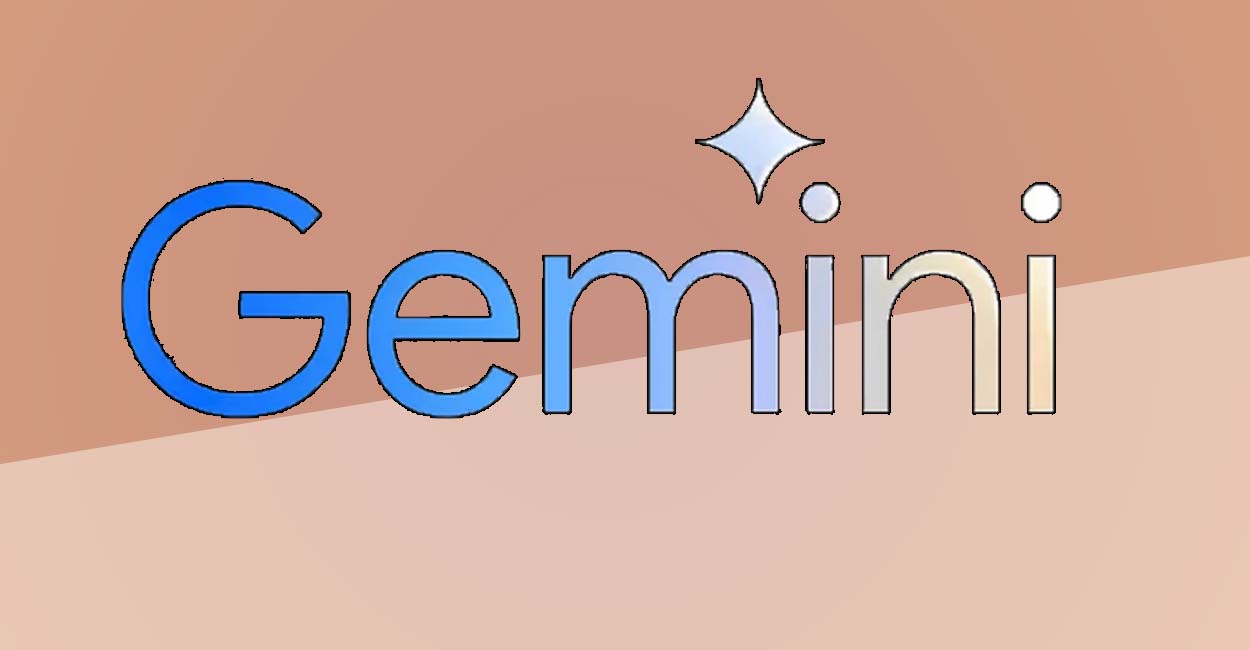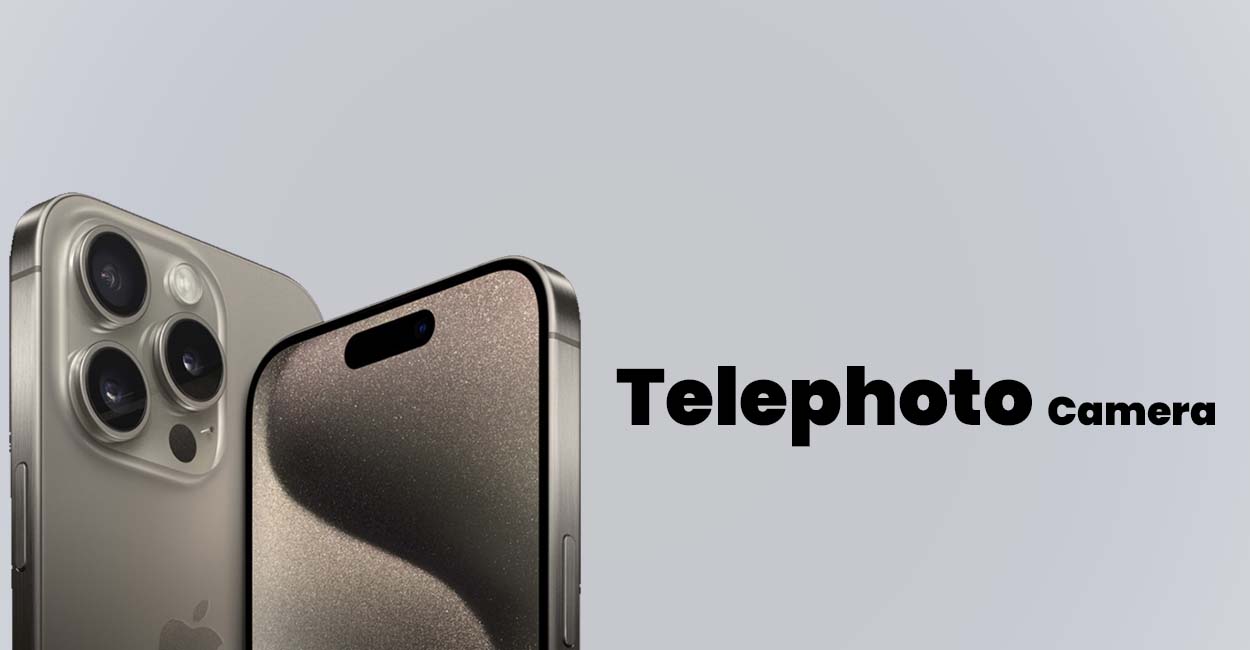
Google has announced the launch of Gemini, its most powerful AI model to date, representing a significant leap in artificial intelligence capabilities. Available in Nano, Pro, and Ultra variants optimized for diverse applications, Gemini is poised to compete with OpenAI’s GPT-4. With a focus on multimodal functionality, Gemini demonstrates Google’s commitment to seamless integration across different types of information, including text, code, audio, image, and video.
Key Features and Applications:
- Gemini Variants:
- Nano: Powers on-device AI features, available on the Pixel 8 Pro.
- Pro: Drives Google Bard, the company’s chatbot, and the Search Generative Experience (SGE) service.
- Ultra: Promises enhanced capabilities and is set to power Bard Advanced for an even more advanced chatbot experience, expected to launch next year.
- Multimodal Capabilities:
- Gemini is designed to understand and operate seamlessly across diverse data types, making it a versatile solution for processing text, code, audio, image, and video.
- Alphabet CEO Sundar Pichai highlights the extensive collaborative effort that led to Gemini’s development, emphasizing its multimodal capabilities.
- Performance Superiority:
- According to Google’s white paper, the Gemini Ultra model surpasses benchmarks set by OpenAI’s GPT-4 in select areas.
- Gemini achieves a notable milestone by outperforming experts on the massive multitask language understanding (MMLU) dataset, covering 57 subjects spanning ethics, history, law, math, medicine, and physics.
- API Access and Monetization:
- Google Studio and Google Cloud Vertex AI will offer access to the Gemini API starting December 13.
- Google’s move to monetize its AI technology is evident through the availability of Gemini Pro for enterprise developers via Google Cloud, marking a strategic shift compared to its competitor OpenAI.
- Future Integration:
- Gemini is slated to extend its influence across various Google products, including Ads, Chrome, Duet AI, and Search, in the coming months.
- Developers can anticipate access to Gemini Nano for creating applications and services on Android smartphones.
Conclusion: With the introduction of Gemini, Google asserts its position in the forefront of AI innovation, providing a robust model capable of competing with industry leaders. The multimodal capabilities, superior performance benchmarks, and strategic API access underscore Google’s commitment to advancing artificial intelligence and capitalizing on its commercial potential. As Gemini makes its mark, the technology landscape is poised for transformative advancements in AI capabilities and applications.


